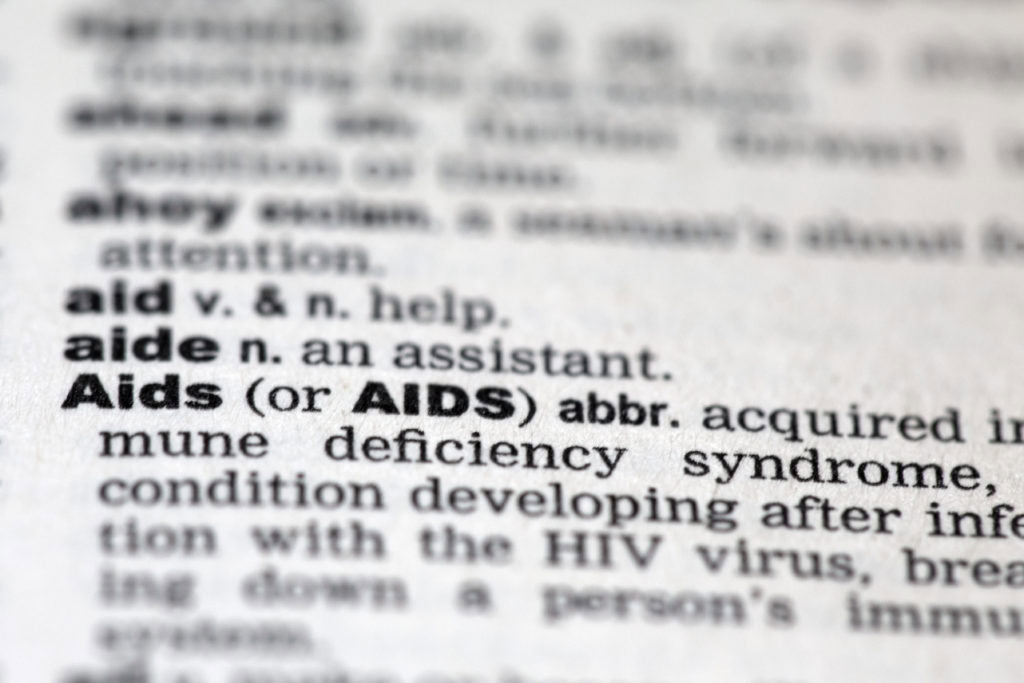Top Rated Criminal Lawyers | Call Us 24/7 AT (416) 658-1818

Aggravated assault is explained in section 268.1 of the Criminal Code
(2) Every one who commits an aggravated assault is guilty of an indictable offence and liable to imprisonment for a term not exceeding fourteen years.
There are defences available to you if you have been charged with aggravated assault or any other criminal offence. Contact Toronto Defence Lawyers, Kostman and Pyzer for advice.
Hulya Genc studied philosophy at York University and is a certified mediator. She is pursuing a career in law, with the intention of practicing criminal law.